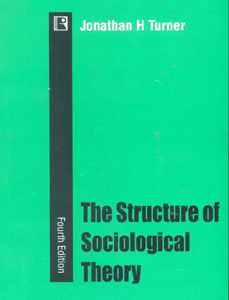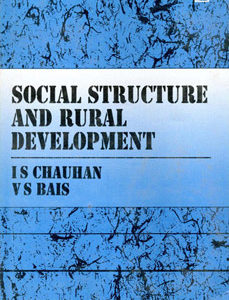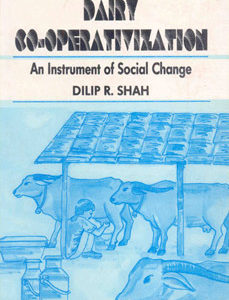SOCIOLOGY OF DEVELOPMENT
₹895.00 Original price was: ₹895.00.₹694.00Current price is: ₹694.00.
25 in stock
The term ‘development’ was used in the beginning to refer only to economic growth. Afterwards, it passed through paradigmatic shifts to assume an inclusive conceptual status in which are merged the processes of development as taking place in economic, social and political aspects of human society. Realistic development is the true meaning of development, which refers to human and societal development along with consistent economic growth. The characteristics of development are akin to those of modernization. Both determine each other. A society would not proceed on the path of development unless it adopts what are considered as modern values. Today, the planning for development is concerned not only with augmenting quality production but is also ensuring sustainability of development.
Sociology of development is the field of study which tends to understand the interface of society and economy. It attempts to explore how both cultural-structural development and economic development influence each other. Facilitators and inhibitors of development are identified by this discipline. The role of state is also examined.
Apart from the concept and paradigms of development, important issues that have been discussed at length in this volume are the theories of development and underdevelopment, paths and agencies of development, structure, culture and development, urbanization and development, technology and development, economic reforms in India and globalization, entrepreneurship and modernization. This book has been planned to fulfil requirements of a large number of students and job seekers pursuing courses on development.
| Author's Name | |
|---|---|
| Binding | |
| Release Year | |
| Language | |
| Publisher |
Related products
Sociology
Sociology
Sociology











